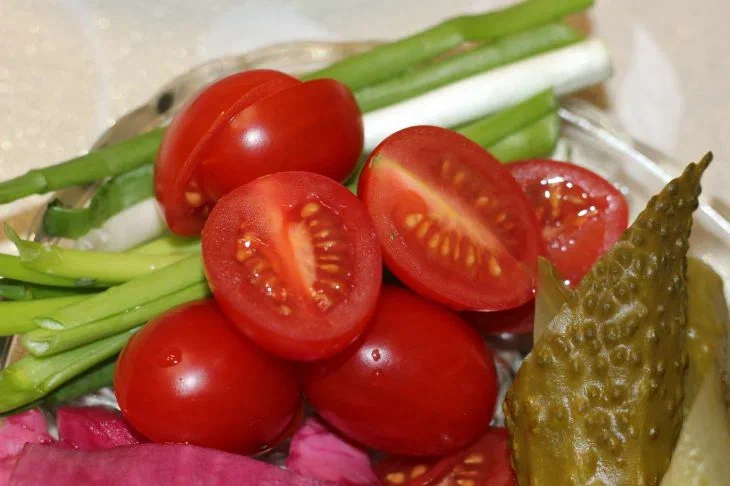There are two diametrically opposed opinions regarding frozen vegetables: some call them “bad processed foods”, while others see them as an excellent alternative to fresh products.
Before you take sides, we suggest you look into this issue.
Benefits of Frozen Vegetables
Frozen vegetables are often cheaper and always easier to prepare than their fresh counterparts. In addition, such products can be found on store shelves throughout the year.

Typically, vegetables are frozen immediately after harvesting, which means they retain many of their nutrients.
According to the study, blanching, or brief steam treatment, and freezing have virtually no effect on the phytochemical composition of foods.
However, there are other scientific studies that suggest that the freezing process does not pass without leaving a trace on the nutritional value of some vegetables.
For example, frozen broccoli contains more riboflavin (vitamin B2) than fresh broccoli, while frozen peas contain the opposite. Frozen peas, carrots, and spinach contain less beta-carotene, while spinach and green beans contain the same amount as fresh vegetables and greens.
Scientists do not stop at the results obtained and continue to experiment, as a result of which they were able to establish that freezing increases the amount of antioxidants in vegetables, but blanching can result in a significant reduction in heat-sensitive nutrients, including vitamin C and thiamine (vitamin B1).
Disadvantages of frozen vegetables
One thing is certain - the benefits of frozen vegetables will definitely decrease if the manufacturer combines them with sauces, salt, sugar and other additives.
